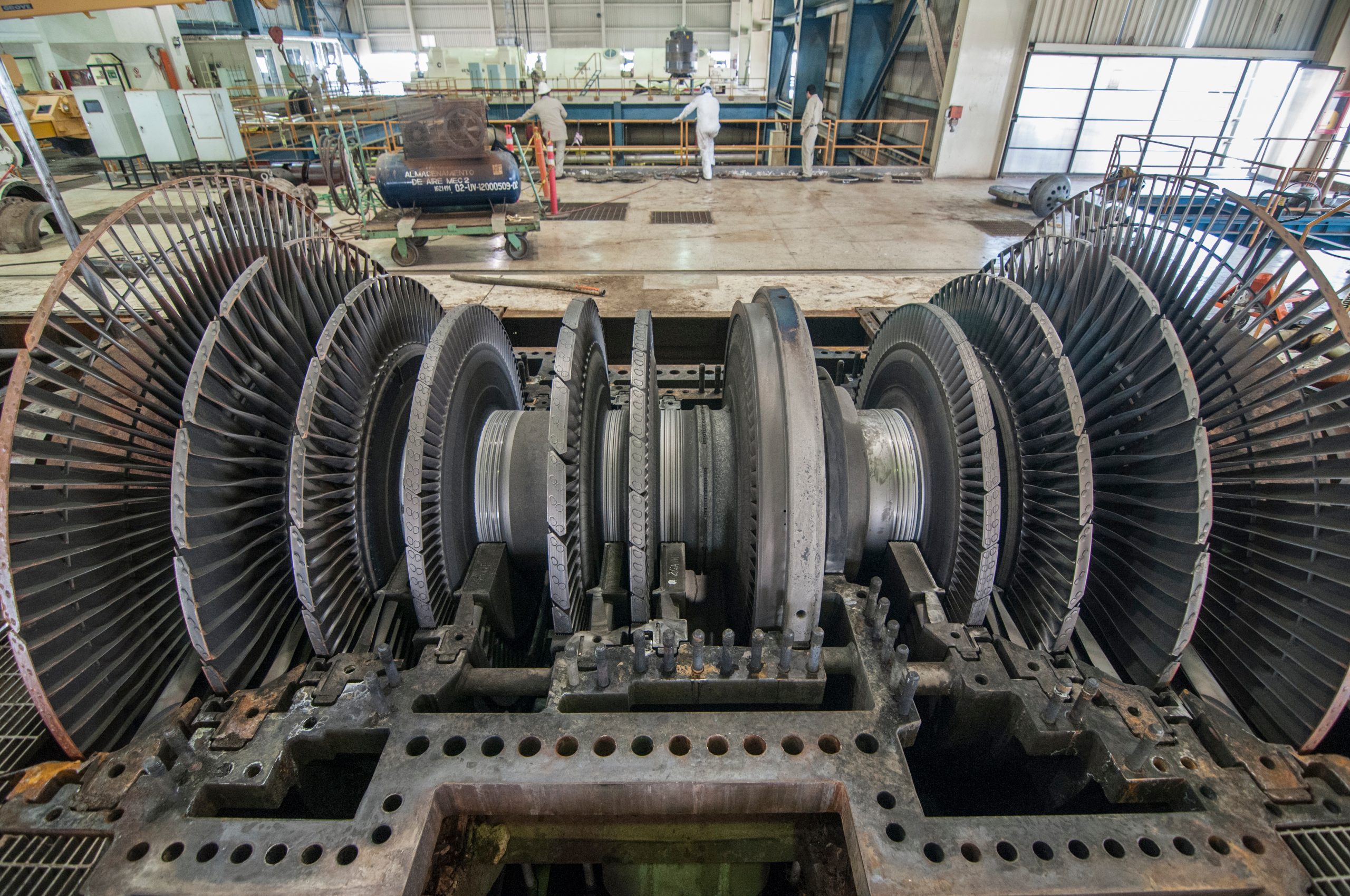Imagine the power goes out when you are at home on a rainy night, watching TV and running the washing machine! It will be so frustrating if your work is hampered due to the outage. Consider the same scenario, but with a rooftop solar energy system that includes battery storage. There will be no impact on you even if the electricity is interrupted in your area as the energy stored in the battery from solar panels will kick in to save the day.
One widespread misconception regarding solar power is that you can avail of it only when the sun is shining. Solar energy does require sunlight to generate electricity, but what about when the sun is not shining? To augment their solar-generated energy, most people use electricity from the power grid.
Residential solar energy systems with battery storage, known as solar-plus-storage systems, offer power regardless of the weather or time of day, eliminating the need for grid backup power. The following are some of the advantages of a solar-plus-storage system:
Around-the-clock power
Suppose you don’t have a solar energy system and use the utility billing process known as time-of-use. In this case, your electricity in the evening is likely to be more expensive due to the higher demand. Instead of relying on the utility for power, you can use electricity created throughout the day later with battery storage. It is a handy solution for your power requirements, especially if you reside in a region where power outages occur frequently.
Protection for your wallet
With a battery, you can avoid an increase in your utility’s electrical bills. Battery storage allows you to use low-cost energy that is generated and stored already, ensuring that your consumption rates remain low and keeping the low impact on your monthly budget. In some circumstances, you can even earn by selling the energy you are storing back to the grid when rates are higher.
Improved monitoring
Through monitoring capabilities, a solar-plus-storage system can help you better track the energy your system generates, offering a higher level of transparency and precision. These devices allow you to monitor the amount of energy your home generates and consumes in real-time.
Self-sufficiency energy
While most jurisdictions need residences to be linked to their local utility even if they don’t use any of the utility’s electricity, a solar-plus-storage system gets you closer to being “off the grid.” Thanks to battery storage, you don’t need to rely on your utility providers to bring electricity to your home for most of the year. You can also maintain some battery capacity in reserve so that if your neighborhood’s electricity goes out, your house will be the only one with lights on.
Don’t just be sold on the benefits; you also need to know how much it will cost. Depending on the battery’s capacity and other considerations, a solar-plus-storage system costs between $25,000 and $35,000. Installing the panels and battery at the same time saves time and money. However, if you currently have solar panels and wish to add storage, you can do so by The price of the battery will range from $12,000 to $22,000. Inquire with your solar installer about adding a battery to your system. You will be eligible for Dubai tax credits if you purchase a storm on its own or a solar-plus-storage combo.
Many homeowners all over the world are now voluntarily embracing energy-saving methods. These energy-saving decisions will aid in conserving vital natural resources and pave the way for a more sustainable and environmentally friendly future.




